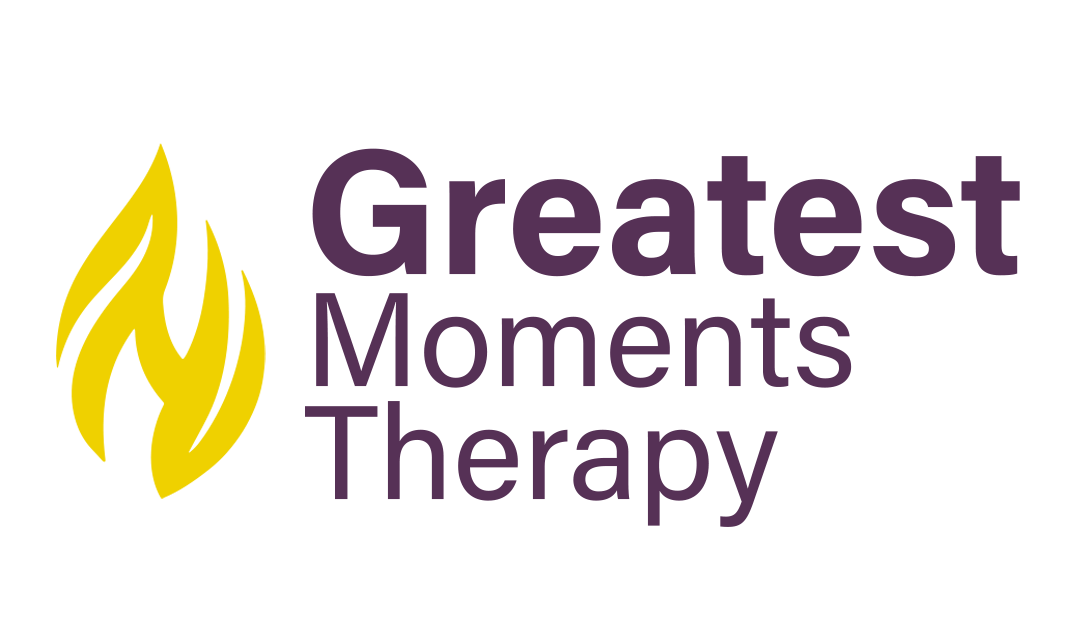Internal Family Systems (IFS) Therapy
in Ridgewood, NJ & Park Slope, NY
What is Internal Family Systems (IFS)?
Internal Family Systems (IFS) Therapy, a distinctive psychotherapeutic approach, is a cornerstone of the services offered at Greatest Moments. This innovative therapy recognizes the mind as a composite of various 'parts', each with its own distinct role and emotion. IFS views these parts as valuable elements of a person's internal system, shaped by life experiences. The therapy's core objective is to foster understanding and harmony among these parts, facilitating a balanced mental state. It is particularly effective in addressing complex issues such as trauma, anxiety disorders, and relationship challenges.
In IFS therapy, there is a profound focus on the 'Self', which is seen as the core of the individual, possessing qualities like compassion, curiosity, and calmness. The therapy encourages clients to lead their internal system from this Self, nurturing a sense of self-leadership and harmony. This process involves exploring the relationships between the Self and various parts, understanding their intentions, and addressing the burdens they carry.
Greatest Moments recommends IFS for its comprehensive and empathetic approach to mental health. Unlike traditional therapies that focus solely on symptom management, IFS promotes deep, sustainable healing and personal growth. It empowers individuals to uncover and address the roots of their emotional challenges, leading to transformative and lasting change. IFS is suitable for individuals seeking not just relief from their symptoms but a journey towards profound self-discovery and emotional resilience.





















